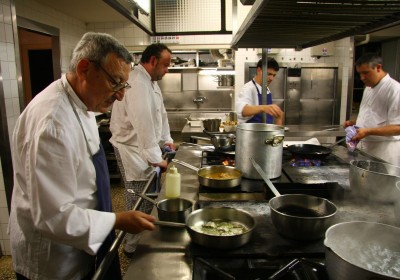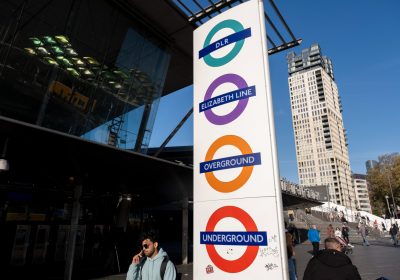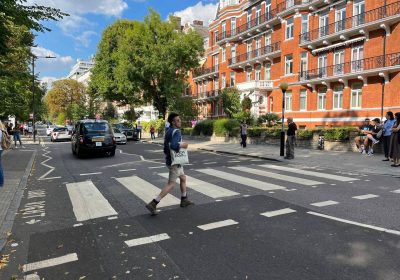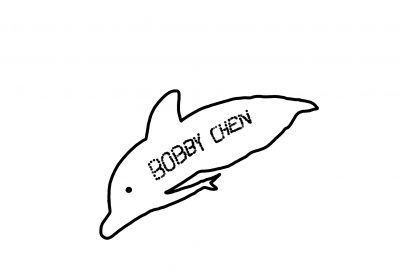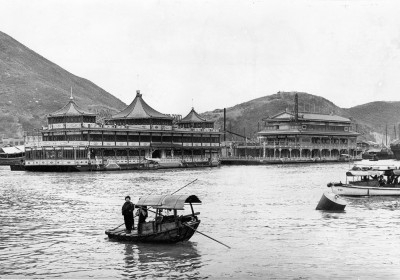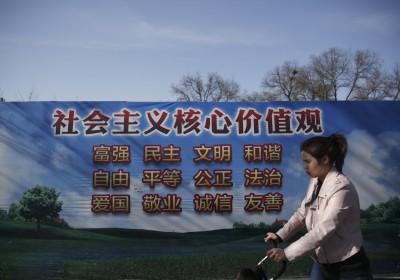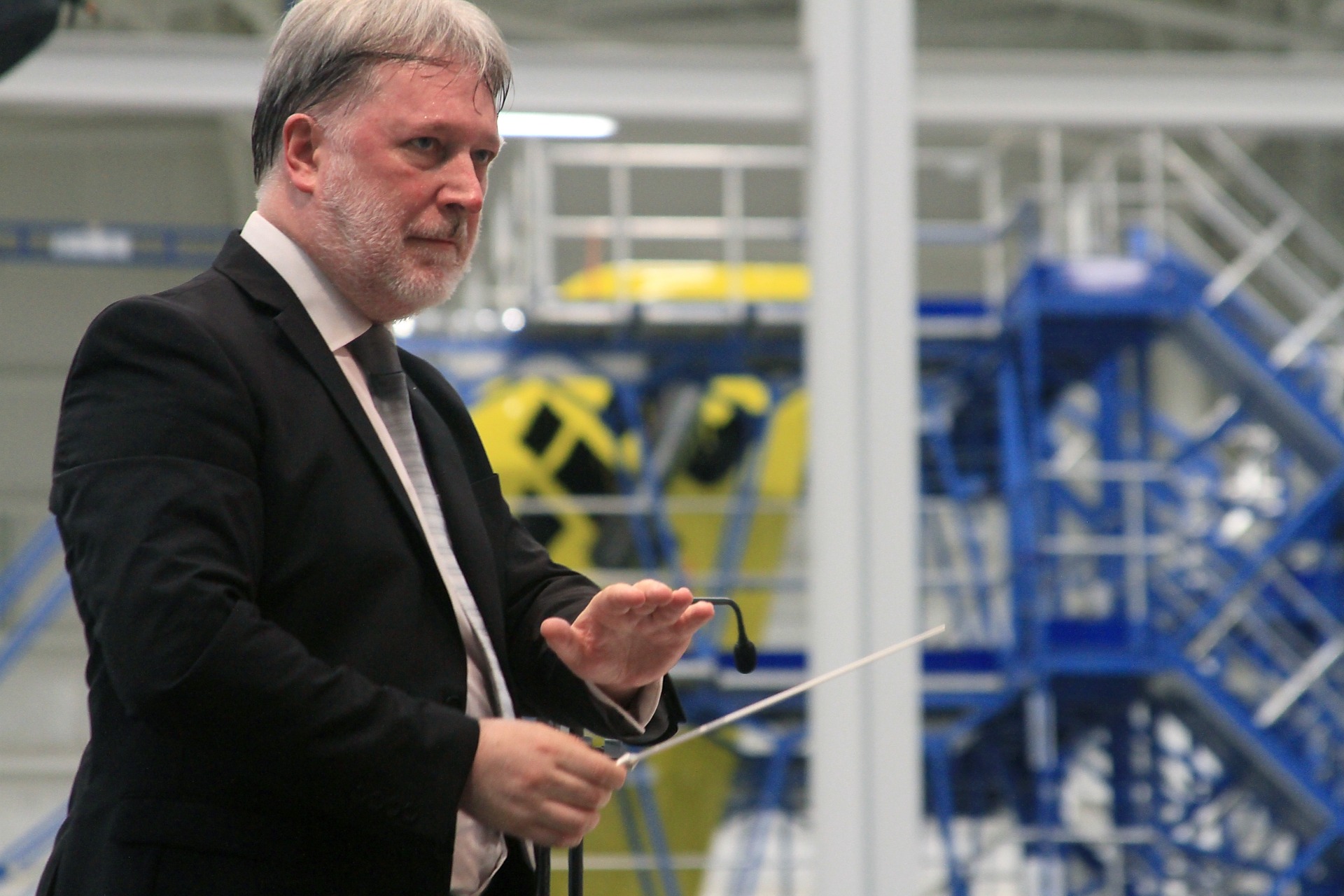
I have never had a pupil who could learn from mistakes as quickly as you. But I have also never had a pupil who makes as many mistakes as you.
This was how my late conducting teacher, Maestro Colin Touchin, described me after a few lessons and his witty words have always brought me a combination of pride and embarrassment (mostly the latter).
I was an arrogant, obnoxious highschooler when I was first introduced to Maestro Touchin by Professor Heather Slade Lipkin, on whom I wrote an article some years ago. Both of these influential pedagogues worked together in the United Kingdom for many years and it was truly my privilege to have crossed paths with them in Hong Kong.
Professor Lipkin once had the misfortune of watching me rehearse my school orchestra. My awful conducting and rehearsal demeanour left such a shocking impression on her that she immediately asked Maestro Touchin to fix my appalling techniques and to teach me how to conduct properly.
I was very resistant to Maestro Touchin’s teaching at first. After all, I learned all my conducting movements, motions and actions from watching the videos of some of the greatest conductors of all time, from Seiji Ozawa, to Leonard Bernstein, Lorin Maazel and Herbert von Karajan. I mean, how wrong could I be?
It took Maestro Touchin some weeks to convince me that all I was doing was jumping around like a clown, waving my hands excessively and unnecessarily as well as confusing my players. He taught me the importance of starting with the basics, such as conducting the beats plainly but clearly, studying and analysing the musical scores, and listening attentively to what my orchestra was playing. More importantly, Maestro Touchin encouraged me to be original and to develop my own ideas. After all, as he mentioned to me numerous times through the years, “there is no point to become someone else when music is the purest form of self-expression”.
In my first couple of years studying with Maestro Touchin, he continuously taught me to avoid what he coined as “mirror conducting”. For him, mirroring hands in conducting was totally pointless and there was simply no need to have both my hands do the exact same thing. Instead, he suggested that I should show the beat clearly with my right hand (with or without a baton), while my left hand should provide expressive gestures and guidance to the musicians.
However, I was terrible in coordinating my hands and could not seem to do two things at once. I either forgot giving the rhythm or I made completely nonsensical, confusing gestures. Bewildered by my clumsiness, Maestro Touchin gave me a fascinating exercise to practise. I needed to conduct three beats with one hand (3/4 time signature) while at the same time conduct four beats with my other hand (4/4 time signature). And just when I began to be able to master this, Maestro Touchin had me conduct five beats with one hand (5/4 time signature) and six beats with the other (6/4 time signature). For most of the time, I felt dizzy and disoriented doing these exercises. Yet, the coordination of my hands did improve in just a few months and Maestro Touchin’s innovative teaching has also helped me to become ambidextrous.
After I moved to the United Kingdom for my university education, I kept in touch with Maestro Touchin and would frequently consult him before conducting examinations, auditions and competitions. He always had the time to offer me lessons and would tell me the many anecdotes from his own conducting career, some of which inspiring while others offered me a glimpse into the cutthroat world of symphony orchestras.
In 2018, Maestro Touchin introduced me to his good friend Mr. Chip Tsao, who provided me with the invaluable opportunity to write for CUP. The three of us also recorded a series of YouTube videos discussing issues from immigration, music education and history. We have always wanted to produce more videos together but sadly another opportunity never arose.
I last saw Maestro Touchin in late 2019. Along with his partner, we met in a restaurant in iSquare and I still remembered my mentor’s parting words with me, which he delivered with a warm smile, “Try not to make too many mistakes, even though I know you could always learn from them”.
With the coronavirus pandemic wreaking havoc across the globe, I was only able to keep in touch with Maestro Touchin via Zoom in subsequent years but I recalled how our conversations were always filled with laughter and how we constantly made fun of each other’s football teams. With the world slowly returning to normalcy in 2022, I was planning to attend Maestro Touchin’s concert in Frankfurt with the Lufthansa Orchestra in November that year. Unfortunately, this concert never took place, with the legendary conductor passing away in September 2022 from pancreatic cancer, at the age of 69.
I remembered once asking Maestro Touchin why he left the United Kingdom and made Hong Kong his home. He chuckled before telling me that the British railway system was a mess and that he got tired of being delayed on trains. I have always thought that this was a joke until the day before Maestro Touchin’s memorial service in Coventry, when my train and subsequent services were all cancelled due to a combination of rail strikes, signal failures and faulty trains. My inability to attend the service to commemorate the life and achievements of my conducting mentor will forever remain a source of regret.


